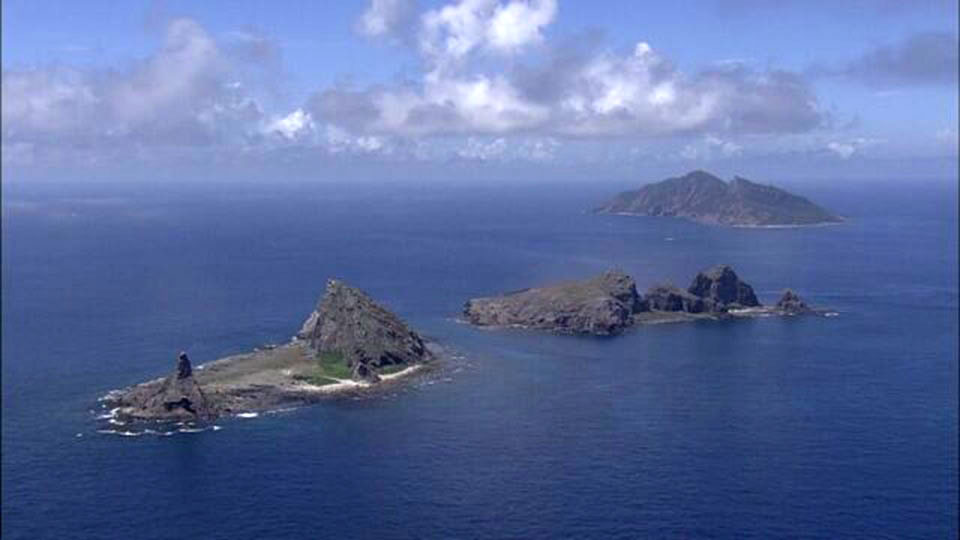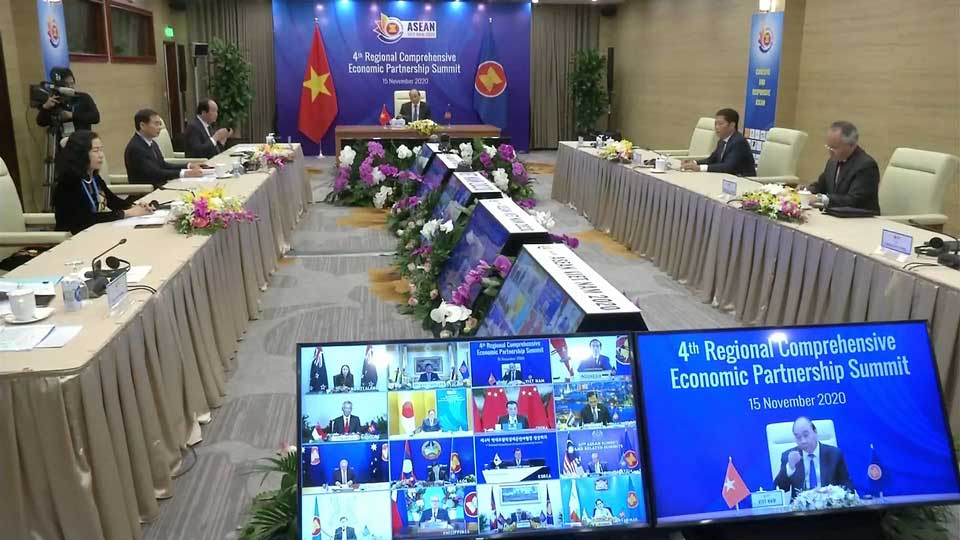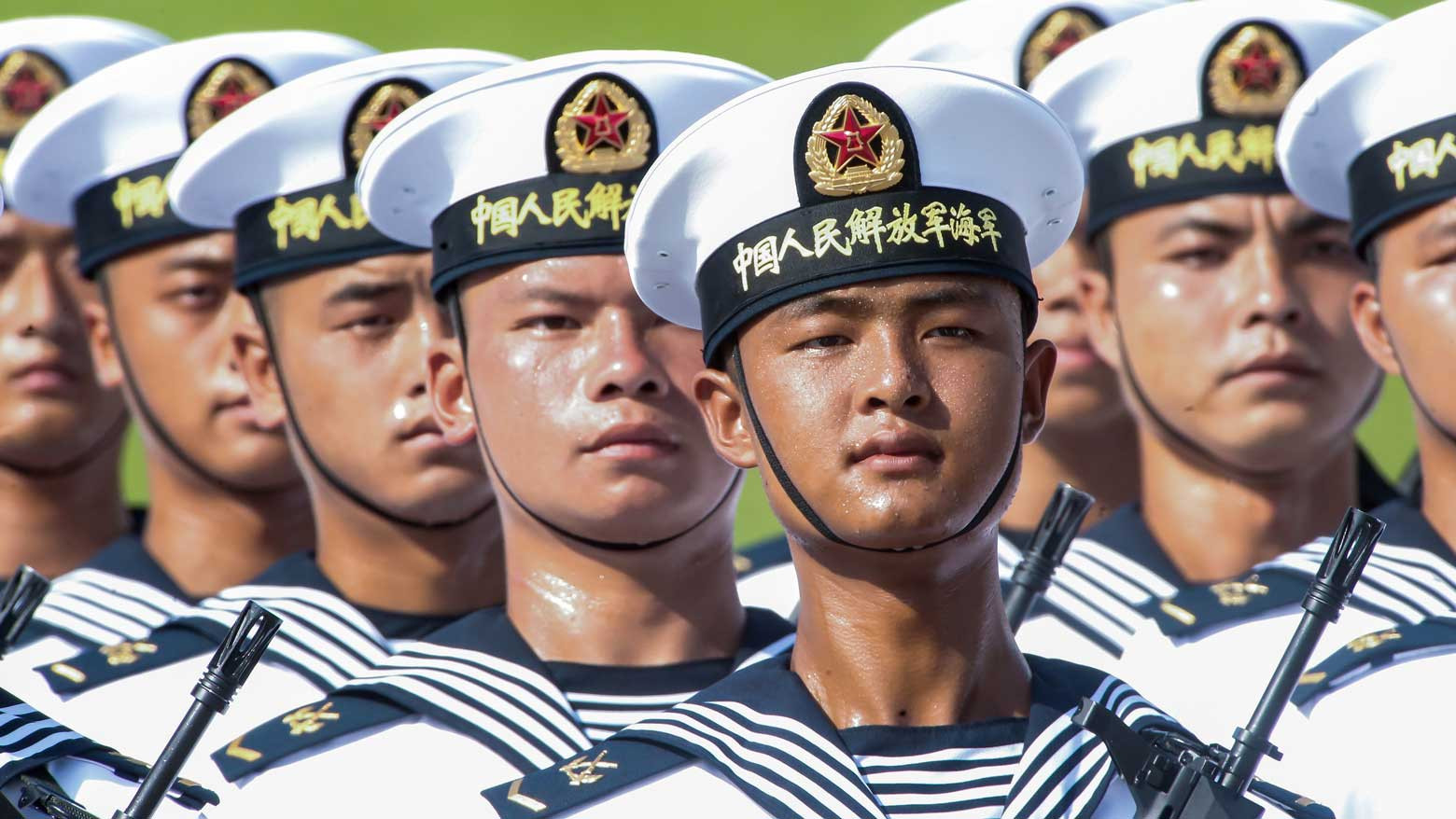No change in hardline China stance
President Trump’s foreign policy objectives have largely been defined by an antagonism toward China. During his four years in office, Trump has started a trade war with Beijing and ramped up competition over 5G by pressuring geopolitical allies to side with the US.
Fujiwara Kiichi, Director of the Institute for Future Initiatives and Professor at the Graduate School for Law and Politics at the University of Tokyo, says the tenor of Washington’s approach to Beijing is unlikely to change any time soon. But he says Biden may rely on different methods, and China’s leaders might not enjoy the change.
“The Trump administration focused on trade and the tool was tariffs. I doubt if Biden would be interested in using tariff as a tool in controlling China. His focus would be more on geopolitics.”
Fujiwara says he believes Beijing fears Biden because he will be better than Trump at coordinating actions with allies.
What this means for Japan
Fujiwara sees the change in administration as a chance to strengthen the US-Japan alliance, but says Japan’s leaders have to shake off the mentality that Trump was “awful but useful.”
“Japan must drop the idea that Trump is better for Japan,” he says. “The possibility of increasing stationing expenses will still loom over the relationship, but Biden will not threaten or blackmail Japan over pulling out US troops. There will be more predictability in US-Japan relations.”
The President-elect has already shown that he understands Japanese concerns about China’s growing power. Shortly after the election result became clear, Biden spoke to Prime Minister Suga Yoshihide on the phone and reportedly reassured him that the US remained committed to defending Japan’s position on the Senkaku Islands. Beijing reacted sharply to that news, reiterating its stance that the islands are inherently Chinese territory.

But Fujiwara says Biden will have other challenges at first, particularly on the economic front. Over the past four years, the world has moved toward an international trade framework that maneuvers around Washington, rather than includes it. He says the new administration will have to work to reintegrate the US into the global economic structure — and this is precisely where Japan can step in.
“These trade orders (TPP and RCEP) will have a major impact on US domestic affairs. If the US aims to return to the TPP, it will draw strong opposition from the Democratic Party as well as the Republican Party. I think it will be difficult to move quickly. If Japan has a role to play, it will be whether Japan can serve as a bridge to bring the US into the trade order.”

Foreign policy not likely to be top priority
Fujiwara also says Biden will be preoccupied by domestic priorities, such as controlling the coronavirus pandemic and reviving the faltering economy. In the meantime, he says it will be incumbent on Asian countries like Japan to remind him of the importance of curbing China’s growing power.
“China is a common concern not only for Asian nations but also for European nations,” Fujiwara says. “This will be one area where we can bring Washington's attention to Asia.”
And Fujiwara adds that Biden’s diplomatic credentials, burnished during his time as Vice President and long tenure in the Senate Foreign Relations Committee, mean he actually knows how government works. “We are going back to the good old mundane intergovernmental relations, which may be slightly boring, but nonetheless far more predictable, sustainable, and that’s the way we would work with Washington.”

